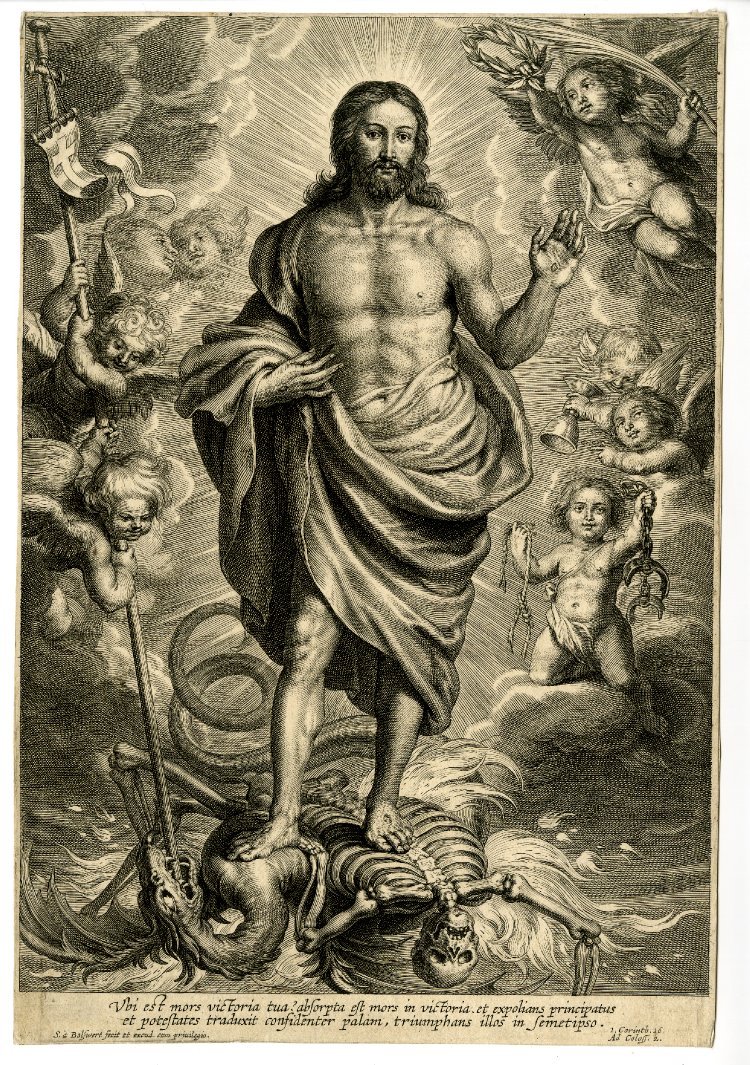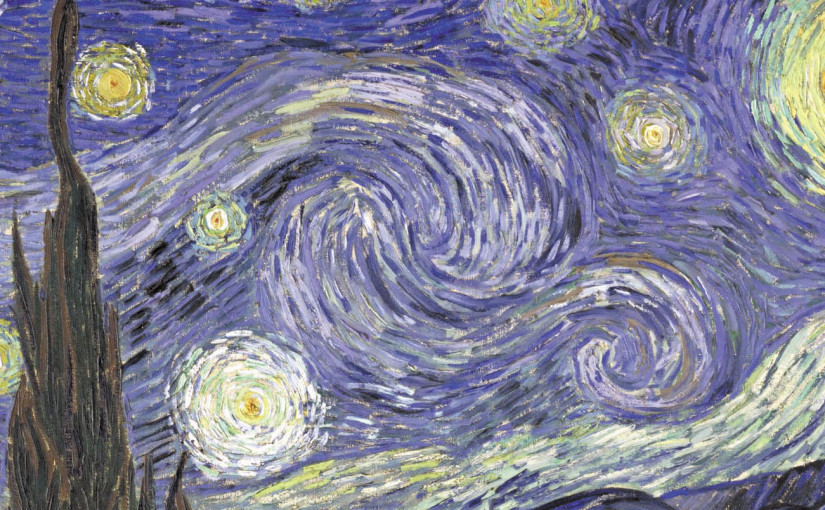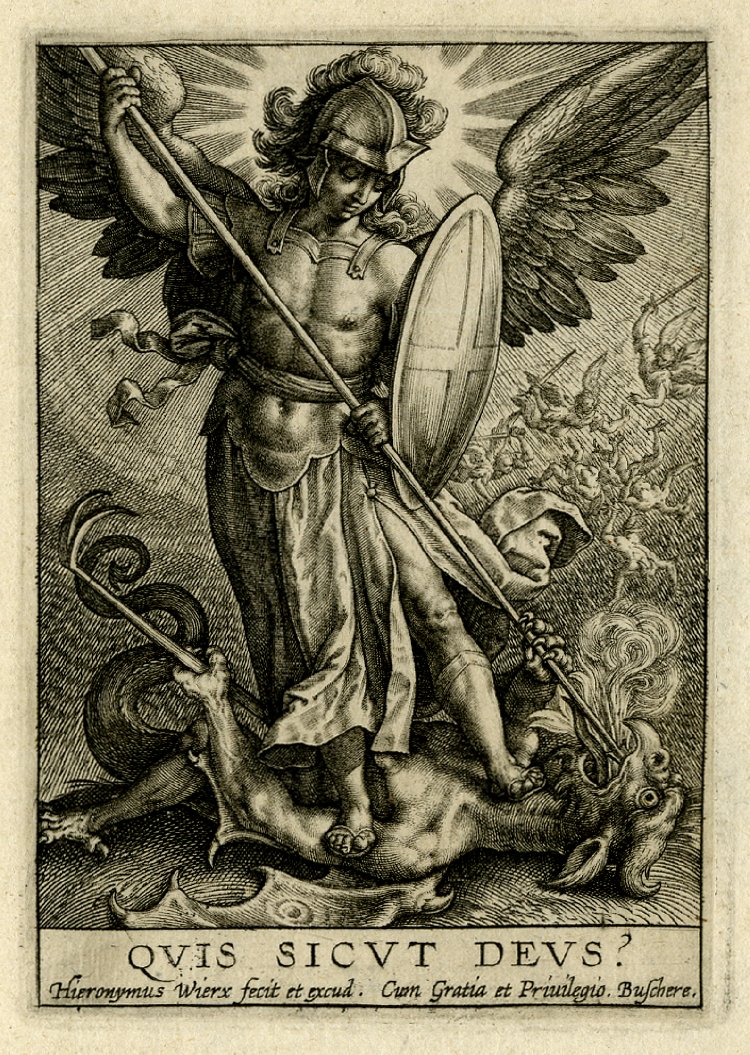Blog
If God Is Love…
What is love? You know, I thought I knew. Once I wrote that love is sweet poetry, and that seemed to cover all the bases. But God is love, right? God is sweet poetry? Even were you to say that Jesus Christ is God, perhaps the most benevolent of representations, you cannot say that this is sweet poetry: look when he says that you will see him coming among the clouds at the right hand of Power. Poetic, yes, but not exactly sweet. Nor so sugary how he overturned the money changers’ tables and drove them out with a whip. That definition is not without limitation, indeed.
If one might consider a more pragmatic approach, someone wrote to me that love is merely an emotion that basically evolved in us to facilitate propagation. That it is an “invention, not a god”. But that person did not see it analogous to something else that arose from evolution: intelligence. And that emerged within a Darwinian system out of utility, if not necessity—yet when it came about, just look around you to see what that brought about. The buildings, streets, the civilization! Books, music, electric light: the accomplishments of intelligence is that once we reached it, we touched upon something greater. And so it might be with the idea of love.
Yes, it helped us evolutionarily, one can argue. It helped us help each other, first the closest family, then friends, then more abstract structures, like community and country. People have written papers about how selfless love is a benefit rather than a detriment, that helped the human race to survive. But what they do is describe the Mona Lisa by its chemical constituents: you may have a point, but your point misses the whole purpose of the thing. You look at a painting and it moves your soul. Behind that is the reaction of synapses, the release of seratonin, a host of soft machine mechanics clicking into place, as it were. And we may just find out exactly why this sort of pattern and color makes you react like you do. None of the explanations, however, is truly the experiencing of the painting.
And you know what? As we developed intelligence, we found we could look higher that us, greater, which as far as we know no other species does. They don’t have these minds of ours. We can conceive of transcendence, that as we crawled up from the mud and got ourself a mind to think on high, God was waiting there for us to arrive—on ground high enough to survey such landscapes. Want to make a guess as to what we conceived was up there, when we gazed toward heaven?
To answer Tina Turner (“What’s love got to do with it?”), I’d say love had everything to do with it. That’s what this potent little fragment tells us: God is love. Einstein wanted to know what it was, the mind of God; and that’s it, to know true love is to know the true mind of God. Really, what scientists want to know is the purpose of things, and that is the ultimate purpose to everything. Yes, yes, I know what he was thinking was to codify the fundamental architecture of existence, but I tell you, love had something to say about that architecture. Before the mathematics. This is the love I am talking about when I say that God is love: something so transcendent. What we can comprehend of infinity, that which is the absolute highest of all things. There can be no better.
Love is empty, waiting for you to define it. Love is full, if ever you need it you can dig deeper for it. Love is making someone’s dreams come true, and even if love is not an action… it is that action. Strange in simplicity, it is this theory that makes sense of everything, yet the theory itself is impossible to grasp; and making perfectly sensible the weirdest of phenomena… And then, it is none of the above. I have no idea what love is, for I know what love truly is: love is sweet poetry… of the soul? Humbug. God is love, and that is a little more than sweet poetry.
(What is love? I once had an idea, of the concept of ineffability, or indescribability: that there were some things in heaven and on earth for which words are not enough. And I thought, bull cookies. There is no ineffable: God is love. For if even God has a description that fits, how can anything else escape definition?)
If you speak of the greatness of love, they will say, what are you really talking about? Love is just a sense of goodness that makes you want to do good things to people. And I will say, oh, selflessness? I will tell you that selfish love is greater than mere selflessness. Does selflessness inspire you to write songs of being possessed by another’s beauty? I will say that love does have friends, but you have never met the ringleader. Just like you have never met yourself.
Do you still think you have a handle on what love is? I will say to name it and I can probably find a counterexample that is also love (if you hadn’t noticed in my reasoning, above). One last time: God is love. What that ends up meaning is that love is what we can comprehend of infinity. Yes, there is light, and the Word, but these are naked if they do not wear the bearing of love. Like powerful weapons with nothing to aim them to their target. And that which is infinite will have subtlety that dreams would die to have. Love, baby: only by doing it do you have any idea of it, because God left things undone for us so we’d have something real to do. Love is the answer we always knew was there, somewhere; love is the purpose we always knew we were meant for; and if these being love were certainties, all I could possibly say, then, would be: what is love?
If you like what’s written here, check out my book, Memoirs from the War in Heaven.
found
rolling back, back to the very beginning
now with eyes to see
love is a present from father to daughter
yet love is not a thing
love is a midnight drive to fetch some pills
yet love is not an action
all we can do is point to where love is
a direction outside space
the mystery of the rose’s velvety beauty
they believe they know
they think they can speak of love with a flip
emergent as a utility
from the pragmatism of evolution’s hand
just a shade of affection
but if i say your idea of love is too small?
for love is of the stars
love is the substance of the infinite Lord
and He is naught besides
the simplest of all, simpler than nothing
why any of we all exist
once i knew what love was, the illusion
so sure i was I KNEW
the mystery so plain in what my poetry said
but when i looked within
i found i held a husk long empty of sweets
to see with humble eyes:
love is the nothing that is everything
the oblivion that gives
for have you ever wondered? do you not know?
love was there ere light
when suddenly one discovers they are found
for this is what love is
infinite in story, as it was meant at the first
to be found… everywhere
St. Michael Triumphing Over the Dragon
Other 3
This is my third, and final excerpt from my other book, The Gospel According to Judas. It’s about Cartesian doubt:
Descartes said that it is useful at some point in the history of our minds to doubt all things. He actually didn’t go far enough, in that concluding the Cogito, “I think therefore I am,” this lends, for its own purpose, a certainty to basic logic. Because it is logically that if I were not, then I could not be thinking. Substantively, therefore, as far as we are used to very fundamental things behaving, it is irrefutable. One might think someone daft, in fact, if he were to say that such a reliance on logic is in any way deficient. But if we do not hold that this is sure, that things could possibly behave in ways they never have, even if not in any case we have studied, we come upon a very interesting viewpoint. It is to say that we do not notice that miracles happen every day, simply because they happen every day.
Let me explain. If we do not take for granted things holding together: solidity, cause and effect, time itself: we may begin to see how awesome is the most common of things. Try it. Look at the basic building blocks that you may perceive about the universe. Things we do not in any case doubt that they could fail. It may be difficult: these miracles happen every day, they sustain us hour by hour, second by second. How magnificent the verymost mundane. If you begin to perceive how awesome are the most common experiences, you begin to spy the mystery of the God who is love. The very fact that there is such a thing as quality that may be felt: that there is feeling at all! We may begin here finally to make sense of things. And therefore, to wonder.
For we are born wired in the ways of space and distance, and the ordering and passage of time. We are born knowing an astounding number of things. How is it we first grasp at anything with our hand? The knowledge of sending out the correct signal from the mind, we are given. How is it that we imitate a sound we hear? Such correlation is an amazing thing, not one to simply take as standard issue. To think of one thing as tasting different from another, to look and to comprehend size, many vs. the one; spectacular is such faculty.
Now this is beyond astounding, too: we are born knowing how to learn. Anyone who knows what it takes to teach our machines to do the most rudimentary form of learning will tell you that it is no small thing. No, indeed. And in that vein, pleasure and pain we are born knowing, too, born comprehending, no less. It doesn’t even require the learning, the tools we need to learn other things. Play and boredom, too: how we understand what to pursue in the courses we take; also given us, a higher form of pleasure and pain. They are a higher form of abstraction, like existence itself, known only by the things that exist: play only in terms of the games that invoke that sensation, “fun”. All these are given you.
The question is not, “what do we know?”, but “what can we forget?” Can we truly forget the notions of time and space? Can we forget being? For if we truly wish to do as Descartes advised, we must forget these things. Let us to forget functioning of any sort: can we do that? Perhaps that is the key. This is to doubt the logic of the very of mundane, that logic which allows one to be certain that when one says, “I am”, he cannot be refuted. Let us then be able to refute that, to think in a situation where nothing makes sense, and maybe we can go deeper down the rabbit hole than Descartes himself thought it went. And then perhaps we may worthily approach that lesson that Jesus Christ gave my own self, while I was in the pit: “Work is magic.”





